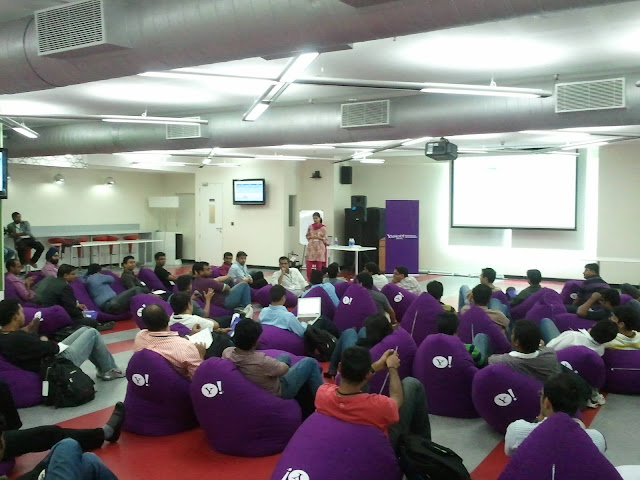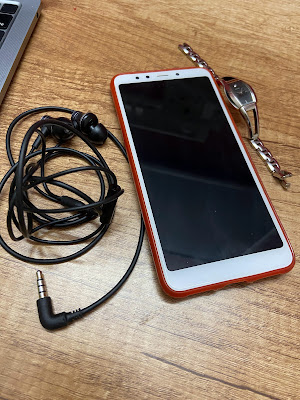"If you don't implement or take action immediately, then the act of reading books is a productive waste of time" - I completely disagree with this statement that I heard in a workshop a couple of years ago.
I don't believe that you will have to implement all the ideas that you learn from every book as soon as you finish reading it. Not all books are action-oriented in the first place unless you are only reading productivity or self-help books.
There are so many brilliant books out there, that can help change your perspectives and question your long-held beliefs. The actions you might (or might not) take after reading such books are dependent on multiple factors, but such books are influential in rewiring your thinking at a fundamental level.
Grateful to have stumbled upon some of those books in recent years - "Courage to be disliked", "Subtle art of not giving a f*ck", and "Finding awareness" to name a few.
I wrapped up reading Oliver Burkeman's "Four Thousand Weeks" this morning, which belongs to this category of "perspective-shifting" books.
Since childhood, I've been told, "Don't waste time. Use your time wisely. Be productive.". These messages are internalized so deeply that I had been obsessed with time management in my 20s - read many productivity books and tried out multiple systems (from planning, to-do lists, GTD to time-blocking). I used to get irritated when my time gets wasted on things that were beyond my control - getting stuck in traffic, wait times, delays, meetings that don't start on time, when people don't stick to their time commitments, etc.
Better sense dawned on me in my 30s as I started to realize that there will ALWAYS be things beyond our control and there's no point in getting triggered about them. But this basic belief that time is a "precious" resource and I need to make the best use of it - is so ingrained in me.
"Four Thousand Weeks" felt like a much-needed torch, focusing intense light on this specific belief within me. An absolutely brilliant and provocative book that talks about our philosophy of engaging with this concept called Time and how it impacts our life of finitude (4000 weeks is all we have!).
It took me a while to get used to the author's style of writing - a lot of depth that requires more attention as compared to the books I usually read. So I devoured it slowly, chapter by chapter over the past 2 weeks.
The author starts with a convincing argument on how a limit-embracing attitude towards time will help us accept uncertainties and constraints. He then elaborates on how chasing efficiency and pushing ourselves to get more done is a "trap" we fall for. How we perceive time impacts multiple decisions concerning work, relationships, interests, distractions, passion, and purpose.
The chapter on Attention and distraction was just mind-blowing and my highlighter was put to full use. So many nuggets of brilliant and relatable insights.
"My newborn son would do something adorable, and I'd catch myself speculating about how I might describe it in a tweet, as if what mattered wasn't the experience but my(unpaid!) role as a provider of content for Twitter."
"The only faculty you can use to see what's happening to your attention is your attention, the very thing that's already been commandeered."
The explanation on why time shouldn't be considered a "resource" - something we "possess", "control" or "have" - is exactly what I needed to hear. In our quest towards mastering time, we end up treating the present solely as a path to some superior future state. We have started treating leisure only in terms of its usefulness. We also justify rest as a means of recuperation for better work. "Idleness aversion" - a concept that is so prevalent in our generation.
It was a revelation when the author gradually highlights the fact -
You don't have time. You are time - your life with all its moments.
The added quotes from philosophers from different timelines add more perspective on how time was interpreted in our past.
The subsequent chapters are a mirror to
- how our approach to time impacts our ability to wait for things to happen (loss of patience) and
- how our lifestyle lacks the shared rhythms required to nurture community/relationships
There are just too many valuable insights in this book that I would go on and on🙂
An impactful read of 2022. I highly recommend this book to everyone in today's modern society.


















